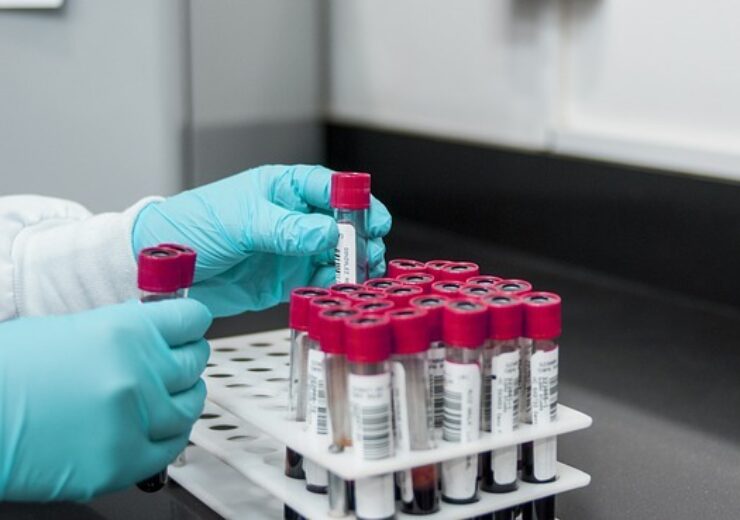IHControls are the first truly quantitative linear range controls for IHC labs, which provides anatomic pathologists with a reproducible, cost-effective and accurate solution for on-slide quality control

IHControls panel approved for breast cancer screening. (Credit: fernando zhiminaicela from Pixabay)
Boston Cell Standards has received the US Food & Drug Administration (FDA) 510(k) approval for its IHControls panel (HER2/ER/PR) to evaluate breast cancers.
The company is specialised in standardising cancer diagnostic tissue testing with immunohistochemistry (IHC) laboratory reference standards.
Its IHControls are the first truly quantitative linear range controls for IHC labs, and the FDA approval marks the first regulatory approval in this category.
The panel provides anatomic pathologists with a reproducible, cost-effective and accurate solution for on-slide quality control, said Boston Cell Standards.
Boston Cell Standards CEO and board-certified clinical pathologist Steve Bogen said: “There is a clear precedent for synthetic controls in other disciplines of pathology, particularly in clinical chemistry.
“We expect this quantitative approach to calibrators and controls, specifically, the first linear range controls on the market, to improve quality and reduce laboratory costs compared with other controls.”
IHC is a type of testing method that supports the diagnosis and treatment decisions in cancer, but lacks analytic reference standards, which results in deviance in results.
Boston Cell Standards has created the first and only IHC reference materials, including linear range on-slide controls (IHControls), and calibrators (IHCalibrators).
IHControls are intended for verification of IHC assay accuracy and ensures that all IHC tests are performed correctly, on all patient samples.
in addition, IHControls also detect any variation in the IHC reagents, instrument, or protocol with high sensitivity, as the control concentration is matched to the assay.
Boston Cell Standards said that the sensitivity, specificity, reproducibility, stability, and real-world performance of IHControls has been validated in previously published studies.
Columbia University Medical Center immunohistochemistry laboratory director Matthias Szabolcs said: “IHControls represent a giant step forward in standardization in the anatomic pathology lab, especially in detecting low estrogen receptor-expressing tumours.
“Today, we can establish which patients will not benefit from an immunotherapy, but not how well they will respond to another treatment.
“IHControls may give anatomic pathologists the ability to increase positive predictive value, allowing us to determine which patients will benefit, and by how much.”
